I remember how the light felt on my face, the smell of the grass, the rough ‘skin’ of the oak tree, bluebells everywhere and out of nowhere, a cuckoo called. I breathe out in amazement and my insides explode with something indescribable. Excitement? Maybe. Love? Definitely. I was six years old and these are the memories which stand out so vividly in my rememberings. I also remember how my mum’s hand felt in mine as she led me along the path and showed me everything my eyes were processing. She gave me the language to describe them; this set my creativity alight. My dad named them, and told me cool stories and facts that set my curiosity on fire. The foundations were laid in those moments. They gradually seeped into me, overspilled into the world as writing.
In this warp-speed, modern world, we are encouraged to keep moving, keep striving, walk fast and achieve by constantly ‘doing’ more. I wrote Wild Child to encourage the opposite.
Wild Child began to speak to me whilst I was finishing Diary of a Young Naturalist. I kept pushing it away because I was already feeling so overwhelmed by publishing a book so young. The words kept coming though; they were very persistent! They wanted to be heard. In this warp-speed, modern world, we are encouraged to keep moving, keep striving, walk fast and achieve by constantly ‘doing’ more. I wrote Wild Child to encourage the opposite. To stop. Slow down. Observe. Feel how nature can soothe our overactive brains. We belong to nature and our place within it is so crucial to its survival. Our survival.
We follow Wild Child on a journey of fascinating discovery, much like my own. We discover various habitats, encountering each element as a child does, through their senses and feelings. I think it’s very different from other nature books for children. Wild Child gives them power: the expeditions are driven by them; how they see the world is not interrupted.
I have been bullied incessantly for loving nature, (and being autistic) but since publishing Diary of a Young Naturalist, I have learnt that I am not alone. I want children who love nature to see themselves in Wild Child, and feel liberated to explore and care for our world. At the end of the book, I encourage them to do so and show how we can all help and encourage each other. I hope they, along with their families, will feel empowered.
I have taken inspiration from the Mourne Mountains, the Burren in Co. Clare, and the magnificent river systems that run through our island, connecting us all. Ireland is full of wild and wonderful landscapes, but I do feel that we, as a society as a whole, are losing that connection. I hope Wild Child will give readers a different view of the world, to see it through new eyes. As a poet might. As a budding scientist might. Yes, you can be both! I believe we are all innate naturalists, curious about the world, we are all a ‘Wild Child’, whatever our age.
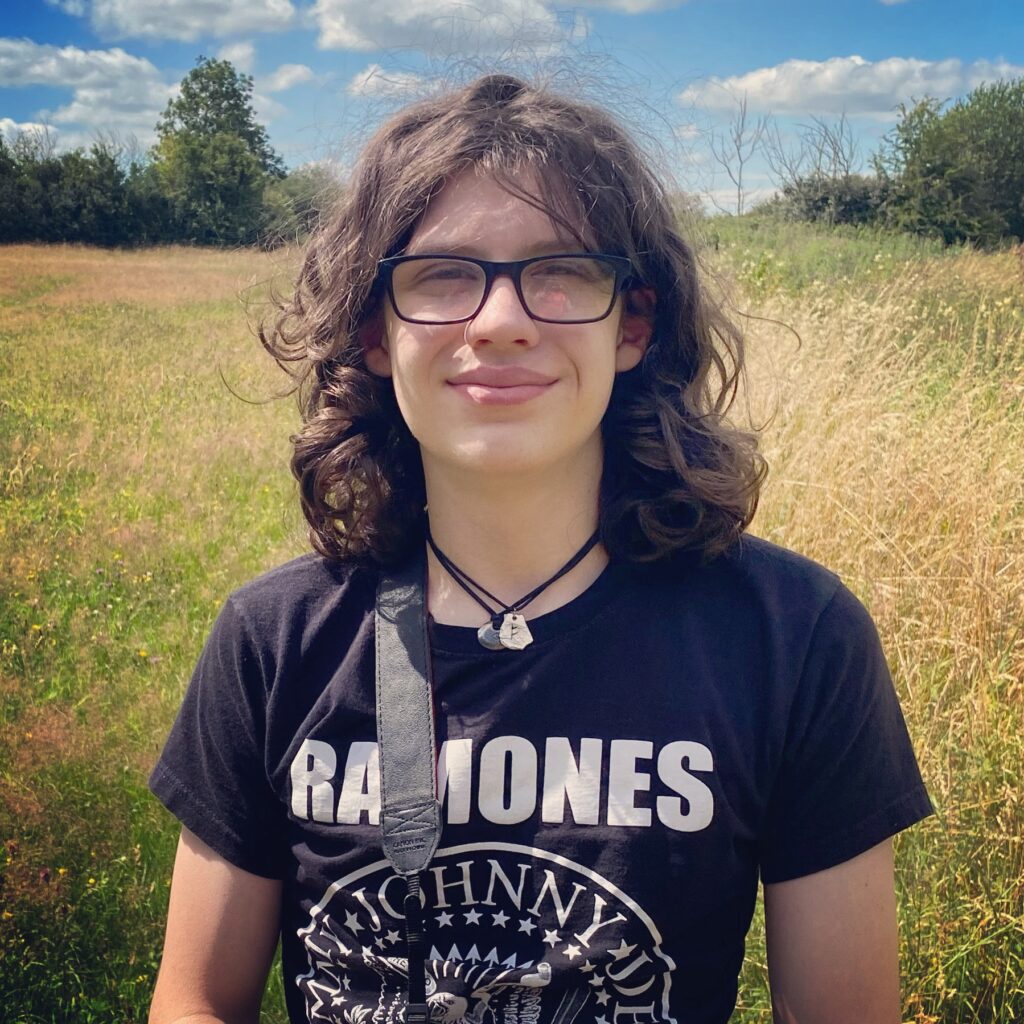
Dara McAnulty is a naturalist, conservationist and activist from Northern Ireland. He’s received many awards for his conservation work, including from BBC Springwatch, The Daily Mirror and Birdwatch magazine. He’s written and presented numerous natural history programmes for BBC radio and television, and become an ambassador for the RSPCA, the iWill campaign and the Jane Goodall Institute. Dara is the youngest ever recipient of the RSPB medal for conservation. He lives with his family and Rosie the rescue-greyhound at the foot of the Mourne Mountains in County Down. His first book Diary of a Young Naturalist won the 2020 Wainwright Prize for Nature Writing.

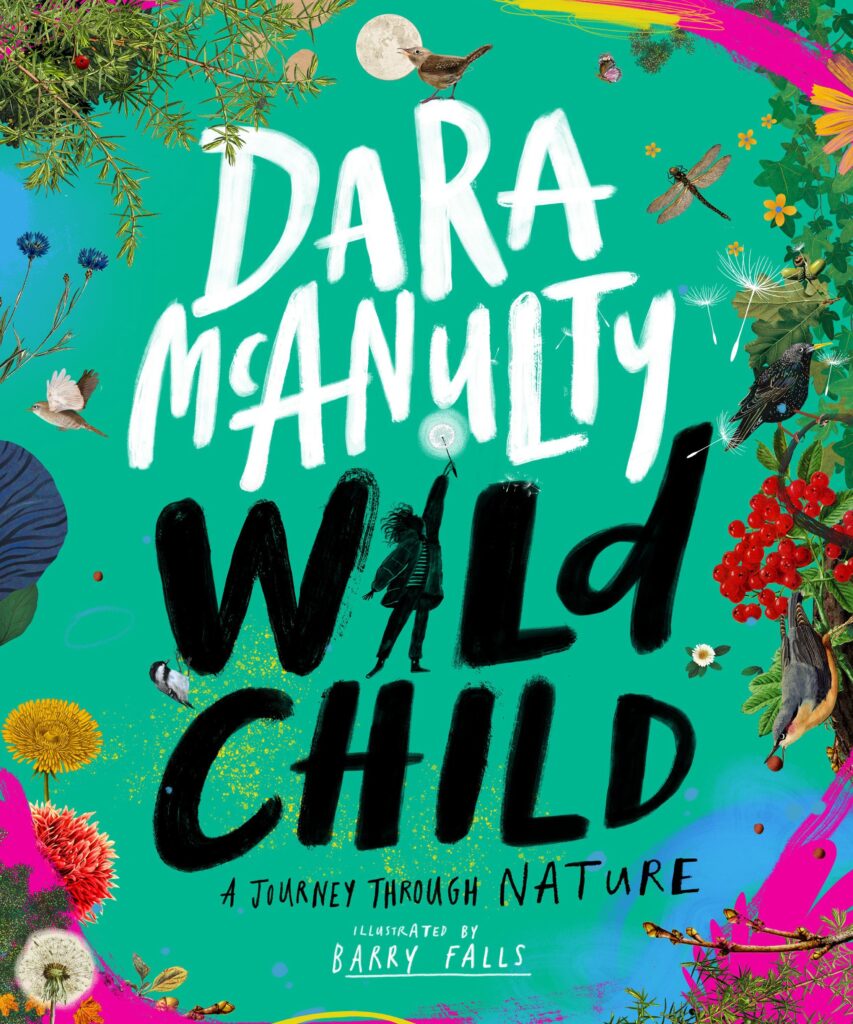


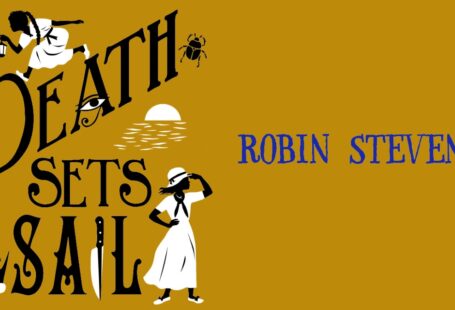
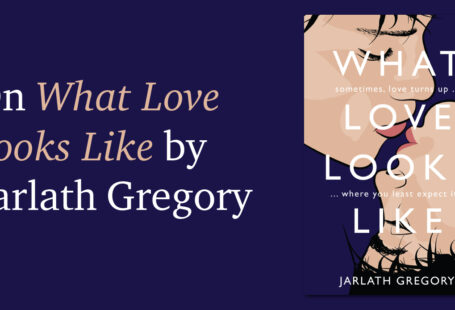
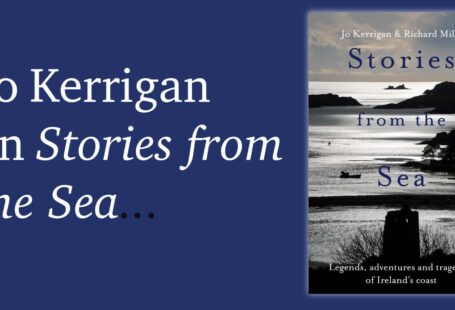
Recent Comments